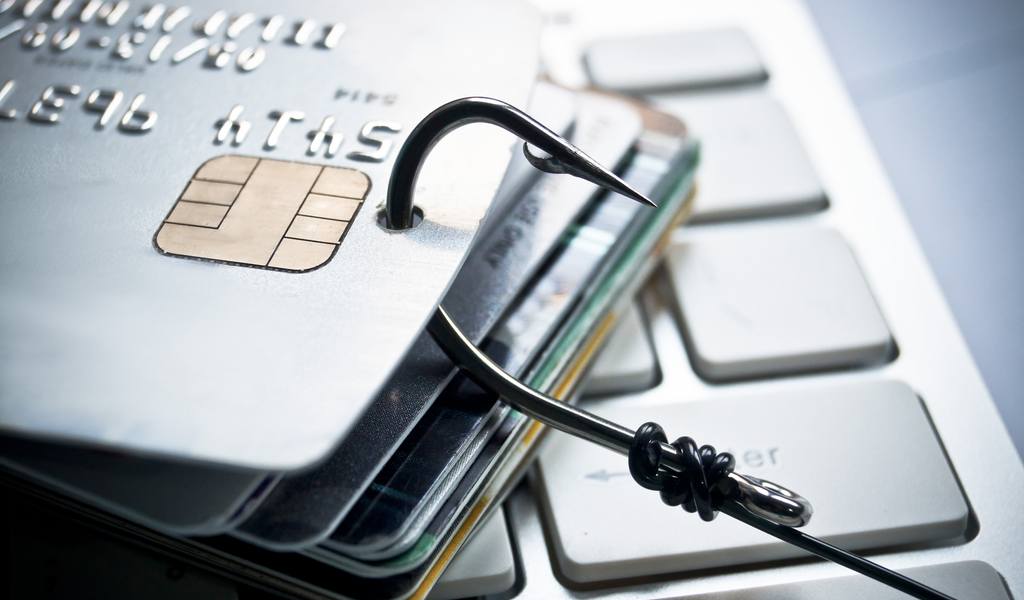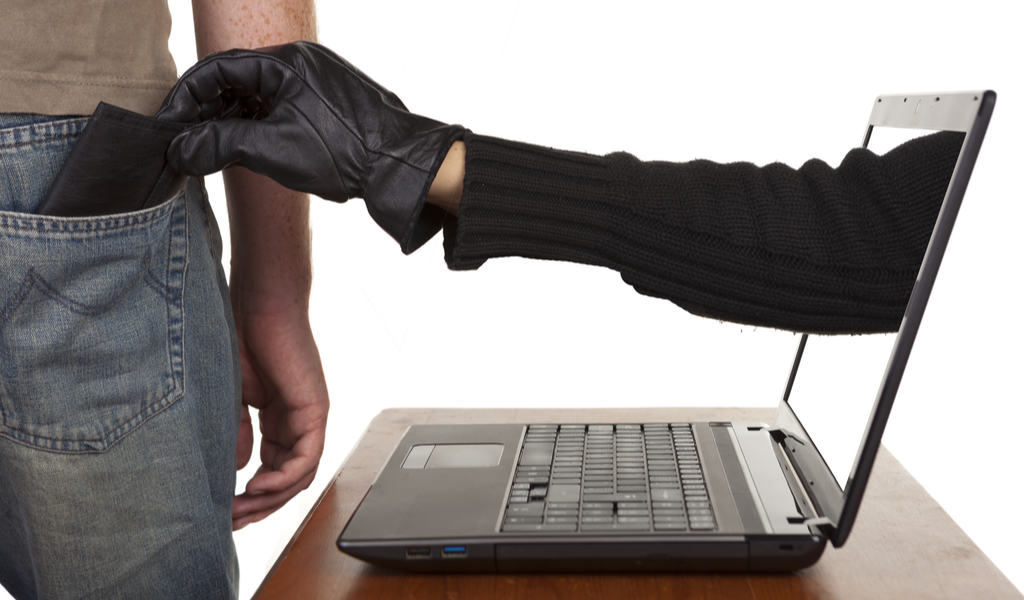Credit card fraud is one of the easiest ways for anyone to fall victim to theft, especially in this day and age. From stealing your wallet to hacking into your computer or accounts to rifling through your trash – these kinds of criminals can get pretty creative! This is also the reason that none of us can be truly safe without taking some pretty serious measures.
What’s worse is that this hard-to-prevent crime is near impossible to enforce, so it’s not like you can hold out for justice. The best thing you can do is be vigilant and shield yourself from it in the first place. Each of us has the responsibility to protect ourselves from such crimes, so here are 8 ways to avoid credit card fraud:

1. Protect Your Credit Cards
Protect your credit like you would a diamond. Handle it with care, only take it out when necessary, and put it away safely as soon as you’re done using it. And never walk away or turn your back when you hand to a merchant – all it takes is a quick photo on their phone and they have your number!
It’s also a good idea to only carry 1 or 2 cards at one time if you own several. That way, if your wallet is stolen, you wouldn’t have lost them all. On that note, make sure not to sign up for too many cards, especially at the same time.
2. Read Your Credit Card Statements
Make sure to read your credit card statement every month and go over every single purchase. If you see any unfamiliar purchases, make sure to contact your creditor right away because that is often your first hint that you’ve fallen victim to a fraudster!
Be extra vigilant around the holidays because thieves rely on people spending a lot during these months, hoping that the fraudulent transactions somehow get lost amidst the many other purchases.
3. Shred Your Documents
Once you have reviewed your statements and paid the bills, make sure to file them away securely or shred them if they are no longer of use to you. Do not, by any means, scrunch them up and throw them away!
“Dumpster diving” is one of the most popular ways that thieves manage to get their hands on your data. Even documents you may assume would be of no use can end up giving a potential identity thief a lot of information. A credit card offer form could be filled and a card could be obtained fraudulently, or a piece of mail from your child’s school could have information that thieves could use to steal the child’s identity to commit fraud.
4. Avoid Phishing
Phishing is communication that is sent, often over the phone, SMS, or email, in an attempt to get you to share sensitive information like your password and personal data – which scammers then use to hack into your accounts.
Phishing communication often appears in the form of a message from your bank or a store, when it’s only the scammers posing as a legitimate source to get you to trust them. These also often convey a sense of urgency and fear, which is done deliberately so you wouldn’t have time to think it over before acting.
Keep in mind that banks or other legitimate businesses would never ask you to reveal passwords or other information, especially not over faceless communication. If you feel suspicious, always double-check with the bank either through the official hotline or better yet, in person. Do not click on any links sent through email or SMS unless it is a verified source. Make sure the software on your phone and PC is up-to-date and that you have good security software as well.
5. Shop Safely Online
When it comes to online shopping, there is always a risk of fraud, not only that you may not receive the promised goods, but also that your information could possibly be stolen. Even if the vendor is a legitimate business, they could suffer a data breach or hacking, leaving the customers vulnerable as well.
But you can lower the risk by taking some precautions. Most important of all, make sure to purchase only from trusted and verifiable vendors. A seemingly new site offering rock-bottom prices is not worth the risk. Remember this: if it seems too good to be true, it probably is.
Other precautions to take include being vigilant about delivery dates, saving the receipt, and using a credit card instead of a debit card as those have more protections against fraud.
6. Check for Malware
You’ve probably heard of viruses and trojan horses, but there are several different types of malware that you need to be careful about. Especially adware, which aims to redirect your search traffic to deliver ads and steal your browsing information.
You need to be extra cautious with malware because the first piece that gets installed on your computer effectively “holds the door open” for more and more to come right in and take their place on your device. Make sure to run scans regularly and remove malware using reliable security software.

7. Beware of Skimmers
You’ve probably heard of these through one of those WhatsApp forwards or Facebook statuses, but this one is actually true – and quite easy for scammers to pull off if you aren’t careful. A “skimmer” is a device attached to a credit card reader to scan your card and record the information while you complete a legitimate transaction.
To identify whether a skimmer has been attached to the card reader, ensure that the card fits in perfectly. If it is loose, don’t swipe! Also, make sure the reader isn’t protruding too far out. Thieves also try to steal your PIN by installing cameras or even installing a keypad above the original to record which numbers you press. So always be careful with your card and PIN, even if you are alone.
8. Freeze Your Credit
A credit freeze is essentially a barrier you put up for yourself that stops you from opening new accounts or applying for new credit. It can be slightly inconvenient for you, but definitely inconvenient for thieves who want to steal your identity. Getting a credit freeze is free, and so is lifting it temporarily.
As for personal inconvenience, a credit freeze means potential creditors cannot check your credit report, but you can lift the freeze temporarily or permanently when intending to apply for new credit. This can be done online or over the phone with the use of a special PIN that the credit bureau provides you. Make sure to keep this PIN safe, and do not forget it!
A freeze also doesn’t stop potential employers, landlords, or your current creditors from seeing your credit report. You should also continue to monitor your statements for suspicious transactions.



